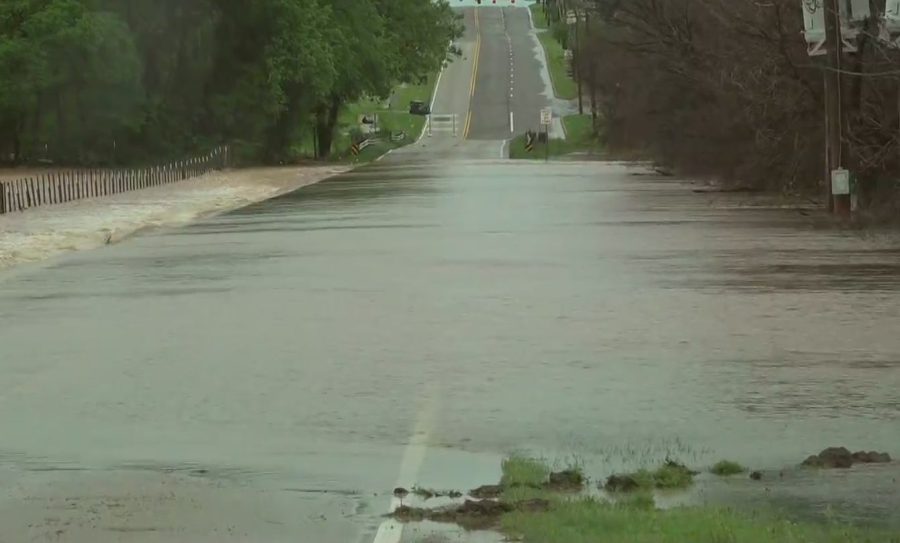URGENT UPDATE: The federal government has abruptly canceled a crucial FEMA grant that would have funded a $350,000 flood warning system for Norman, Oklahoma, just months before a devastating flash flood claimed more than 130 lives in nearby Texas. This decision comes as communities face escalating threats from severe weather, leaving them vulnerable without early warning systems.
In April 2023, the U.S. Department of Homeland Security terminated hundreds of millions of dollars in FEMA grants, citing the program as “wasteful and ineffective.” This program was intended to support life-saving flood mitigation efforts in areas like Norman, which has a history of flooding. The decision has raised alarm among local officials who argue that such funding can prevent tragedies like the recent floods in Kerr County, Texas.
One survivor from Kerr County lamented, “Oh, there was no warning… no warning,” highlighting the dire need for effective alert systems. Emergency responders are still searching for nearly 100 missing individuals in the aftermath of the catastrophic flooding earlier this month.
Officials in Norman expressed deep concern over the loss of funding. “The Trump administration has cut the grant program that would have funded that project,” said Anna Kramer from Notus, the news outlet that first reported the story. This funding was seen as the city’s best chance for implementing an automated flood detection system, similar to those that could have potentially saved lives in Texas.
While Norman officials scramble to secure alternative funding, they have assured the community that “the safety and welfare of Normanites remains our topmost priority.” Current measures include on-site monitoring and the AlertNorman emergency notification system, but these lack the effectiveness of a dedicated flood warning system.
State Sen. Mary Boren (D-Norman) expressed disappointment in the program’s elimination, viewing it as a politically motivated decision that jeopardizes public safety. “There’s not going to be somebody that comes in and saves us,” she stated, underscoring the urgent need for local solutions.
As Norman grapples with its flooding challenges, the recent flash floods in and around Oklahoma City have left motorists stranded, further emphasizing the necessity of proactive flood management systems.
In a broader context, the cancellation of this grant program has sparked considerable debate. A spokesperson for the Department of Homeland Security described the program’s focus on climate change as “heavily politicized,” a claim contested by many who believe these funds are critical for flood-prone communities.
Going forward, all eyes are on local officials as they seek new funding sources to implement the flood warning system. Meanwhile, U.S. Rep. Tom Cole (R-Okla.), who represents Norman, has faced scrutiny for not advocating strongly enough for the reinstatement of these vital funds. His office has not yet responded to inquiries regarding this pressing issue.
As the situation unfolds, it is clear that the implications of this funding cut will resonate deeply within the community and beyond. The urgency to restore funding for flood preparedness has never been clearer, as communities strive to protect their residents from the escalating threats of climate-related disasters.






































































